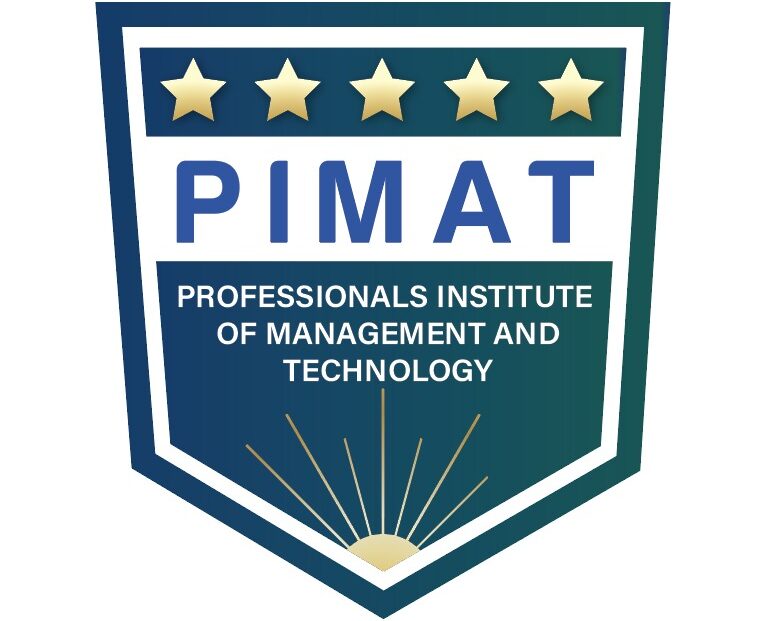Understanding the mba law collections: A Comprehensive Overvi
Introduction:
In the realm of business administration, understanding the legal framework is paramount. The intersection of business and law forms the foundation upon which organizations operate, strategize, and navigate complexities. The mba law collections Law Collection stands as a crucial resource for students, professionals, and entrepreneurs alike, providing insights into the legal dimensions of business management. In this article, we delve into the significance, components, and practical implications of the MBA Law Collection.
1. Introduction to MBA Law Collection
The MBA Law Collection encapsulates a spectrum of legal principles, regulations, and case studies tailored to the needs of MBA students and professionals. It encompasses diverse areas such as corporate law, contract law, intellectual property rights, employment law, and regulatory compliance. By integrating legal knowledge with business acumen, the mba law collections equips individuals to make informed decisions, mitigate risks, and uphold ethical standards in the corporate landscape.
2. Components of the MBA Law Collection
a. Corporate Law: Understanding the legal structure of corporations, governance mechanisms, and fiduciary duties is imperative for effective management. Topics include corporate governance, shareholder rights, mergers and acquisitions, and regulatory compliance.
b. Contract Law: Contracts serve as the cornerstone of business transactions, delineating rights, obligations, and remedies. The MBA Law Collection elucidates contract formation, interpretation, enforcement, and breach, empowering stakeholders to craft robust agreements and resolve disputes amicably.
c. Intellectual Property Rights (IPR): In the era of innovation and creativity, safeguarding intellectual property assets is paramount. The collection encompasses patents, trademarks, copyrights, and trade secrets, elucidating the principles of protection, infringement, licensing, and litigation.
d. Employment Law: Managing human capital necessitates adherence to labor laws, workplace regulations, and employee rights. Topics include employment contracts, discrimination, harassment, wage and hour laws, employee benefits, and occupational health and safety standards.
e. Regulatory Compliance: Navigating the intricate web of regulations and compliance requirements is imperative for organizational sustainability. The MBA Law Collection addresses industry-specific regulations, antitrust laws, environmental regulations, data privacy laws, and international trade laws.
3. Practical Implications and Case Studies
The MBA Law Collection transcends theoretical frameworks by integrating real-world case studies, simulations, and practical exercises. By analyzing landmark legal cases, negotiating mock contracts, and conducting regulatory audits, students gain experiential insights into the application of legal principles in business contexts.
a. Case Studies: Case studies offer a nuanced understanding of legal dilemmas, ethical considerations, and strategic decision-making. By dissecting high-profile cases involving corporate scandals, intellectual property disputes, and regulatory violations, students glean valuable lessons on risk management and crisis mitigation.
b. Simulations: Simulations provide a dynamic platform for students to role-play as executives, attorneys, or regulators, grappling with complex scenarios and dilemmas. By engaging in negotiation exercises, mediation sessions, and courtroom simulations, participants hone their negotiation skills, communication prowess, and conflict resolution abilities.
c. Practical Exercises: Interactive exercises encourage critical thinking, problem-solving, and collaborative learning. From drafting employment agreements and privacy policies to conducting due diligence assessments and compliance audits, students apply theoretical knowledge to real-world scenarios, fostering a holistic understanding of legal issues in business management.
4. Emerging Trends and Contemporary Issues
The dynamic nature of the business landscape necessitates a proactive approach to legal education. The MBA Law Collection adapts to emerging trends and contemporary issues, including digital transformation, cybersecurity, sustainability, and corporate social responsibility. By addressing evolving regulatory frameworks and ethical imperatives, the collection equips individuals to navigate uncertainty and embrace innovation responsibly.
5. Conclusion
In conclusion, the MBA Law Collection serves as a cornerstone of legal education in the realm of business administration. By synthesizing legal principles with managerial expertise, it empowers individuals to navigate complexities, mitigate risks, and foster ethical stewardship in the corporate world. Through a multidisciplinary approach encompassing case studies, simulations, and practical exercises, the collection fosters experiential learning and prepares students for dynamic challenges in the global marketplace. As the business landscape evolves, the MBA Law Collection remains a beacon of knowledge, integrity, and professionalism, shaping the leaders of tomorrow with a firm grounding in law and business.
In essence, the MBA Law Collection is not merely a compilation of legal texts; it is a catalyst for innovation, integrity, and informed decision-making in the ever-evolving landscape of business administration

